Warby Parker cofounder Dave Gilboa can credit a backpacking trip in Northern Thailand for a lost pair of glasses–and a $1.8 billion business idea.
Right before starting his MBA program at Wharton Business School in 2008, the then 27-year-old was fresh off a plane after the six-month trip in which he traveled without a phone.
“We met the first week of school, right after I’d lost a pair of glasses, and I had to buy two things: a new phone and a new pair of glasses,” Gilboa told Fortune.
After realizing that replacing the glasses would cost him $700, significantly more than an–at the time–$200 iPhone, he opted to spend his first semester of grad school without them.
“That didn’t make sense to me, or Neil, or Jeff [Raider] and Andy [Hunt]—our two other cofounders,” Gilboa recalled.
The four classmates decided that it was time for a company to sell glasses directly to their consumers, eliminating the retail markups that had frustrated them for decades.
Their idea to make eyewear more accessible has been a hit amongst customers—the company’s revenue jumped 12% in 2023 to $670 million, and 2024 is expected to see a similar increase to $748 million-$758 million. Warby Parker’s value now sits around $1.8 billion and the brand is continuing to expand into storefronts, with over 250 stores in the U.S. and Canada. In 2019, the brand launched Scout contact lenses.
If you ask the CEOs what’s led to their success, their answer is simple.
“I think the fact that the two of us, our cofounders are pretty nice guys actually has gone a really long way,” Blumenthal told Fortune.
He also attributed the company’s success to support not just from their parents and extended family, but also from friends, classmates, former co-workers, and former bosses.
Through their network, the founders were able to alleviate some of the initial struggles a startup company faces, such as finding investors, mentorship and a marketing plan.
For example, they initially set out to sell the glasses for $45 a pair, until a Wharton pricing expert informed them that no one would believe they were getting quality lenses for such a low price.
“Before he looked at a single slide, he didn’t know anything about glasses, he said, ‘That’s impossible, this will never work,’” Gilboa said. “He said, ‘That’s not a believable price.’”
After surveying potential customers—“they were really all our classmates,” Gilboa says—the founders decided to sell their glasses for $95, a starting price that’s held true for 14 years.
Saving Money While Giving Back
The founders’ motivation to build a worldwide brand didn’t stop at low prices. Warby Parker also launched a Buy a Pair, Give a Pair program that donates glasses to those in need.
“We thought that it was equally outrageous that there were people around the world that didn’t have access to glasses,” Blumenthal said. “A technology that’s 800 years old should be widely available to everybody.”
The founders have also launched the Pupil Project, which partners with local and government organizations to provide free eye exams for school children.
Through this program, students are able to get free eye exams inside of their classroom, which is often where vision problems are first detected. Warby Parker then designs prescription glasses specifically for the students.
Warby Parker has since donated 15 million pairs of glasses worldwide and administered 72,378 eye exams as of last year, according to their website.
“We were really clear that we wanted to build a brand that mattered and that had a positive impact,” Gilboa said. “That’s been hugely motivating for us.”
Advice For Other Founders
For young entrepreneurs hoping to see success, the CEOs recommend being “super proactive,” and credit a major part of their success to anticipating their customers’ needs and providing a solution.
“Always take the first step,” Blumenthal said.
Expansion plans are still going strong as the co-CEOs plan to open hundreds more storefronts in the upcoming years. The brand is also looking to roll out a virtual try-on feature for their customer’s online purchases. And digital prescription renewal is also in the works.
Being best friends has allowed the CEOs to continue to grow and push each other as the brand scales.
“I spend more time with Neil than I spend with my wife,” Gilboa said. “Any relationship requires investment, feedback, and real partnership and I feel fortunate that we have that in each other.”
Blumenthal agreed: “If one of us has an idea, or one of us makes a mistake, we don’t beat each other up about it,” he said. “If we have an idea, we seek advice from each other. It’s really helped us build Warby Parker.”
An added bonus to their success has been working alongside their closest friends—the founders heavily rely on each other for support.
“It makes the highs, higher and the lows, less low,” Blumenthal said.








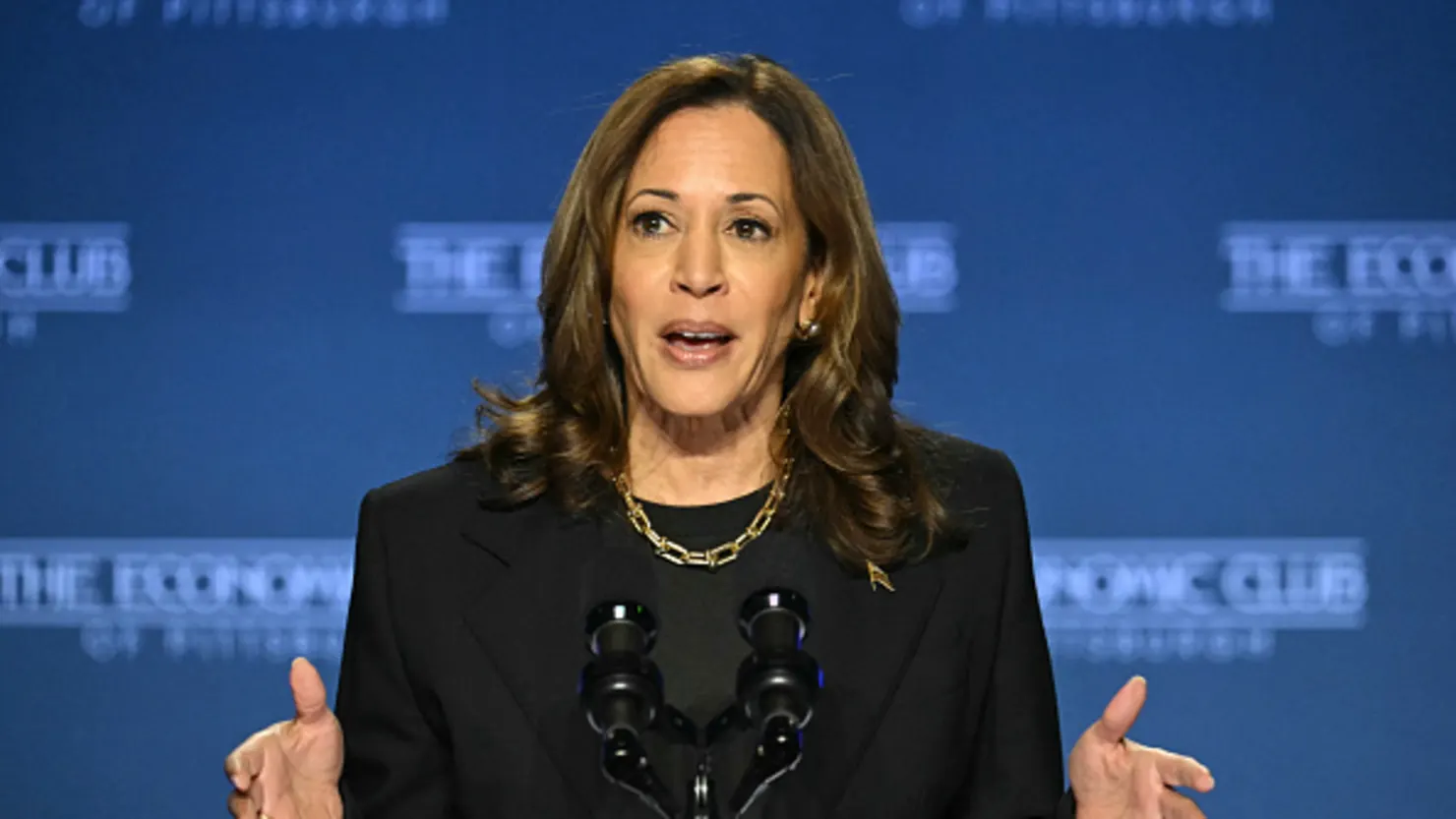
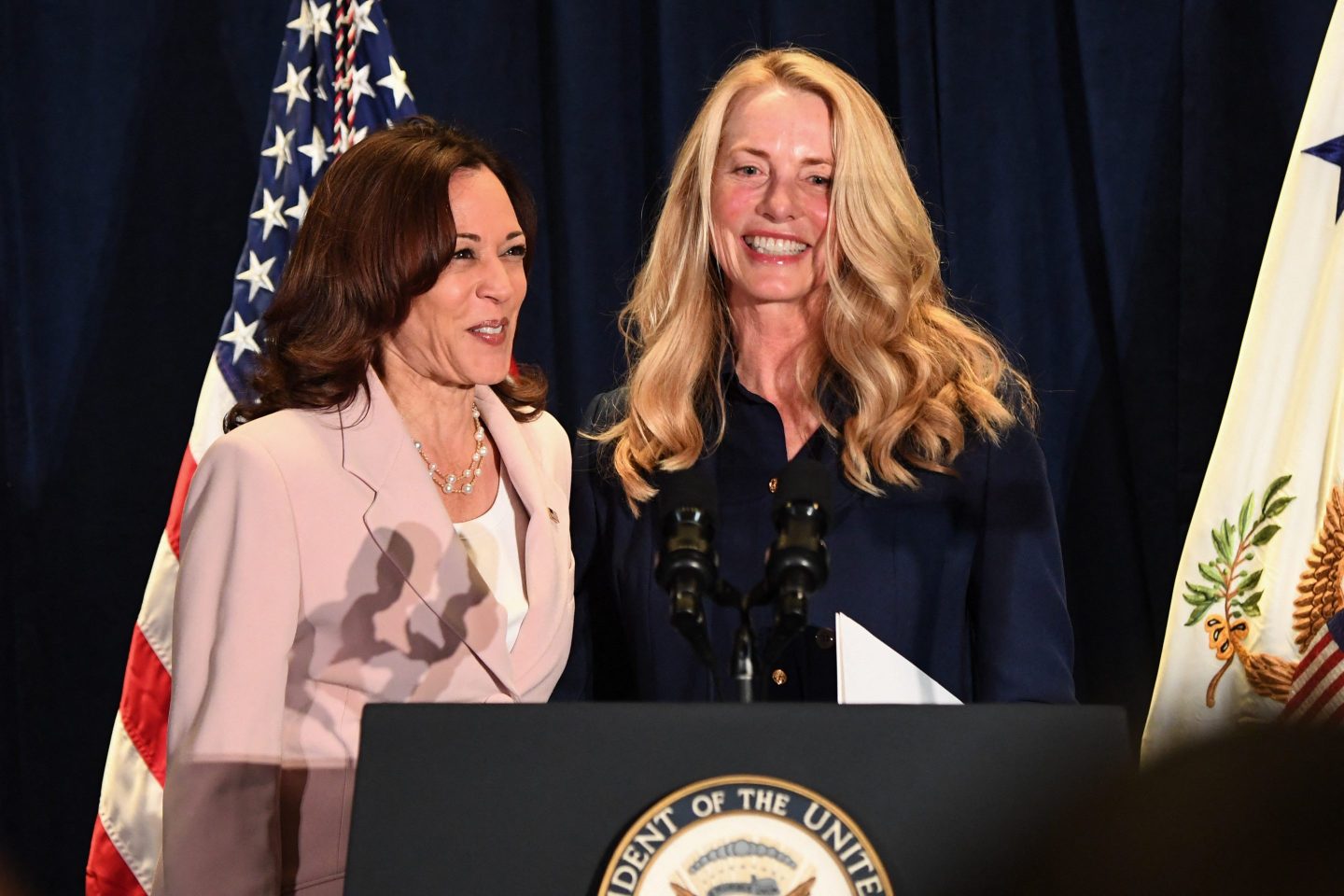
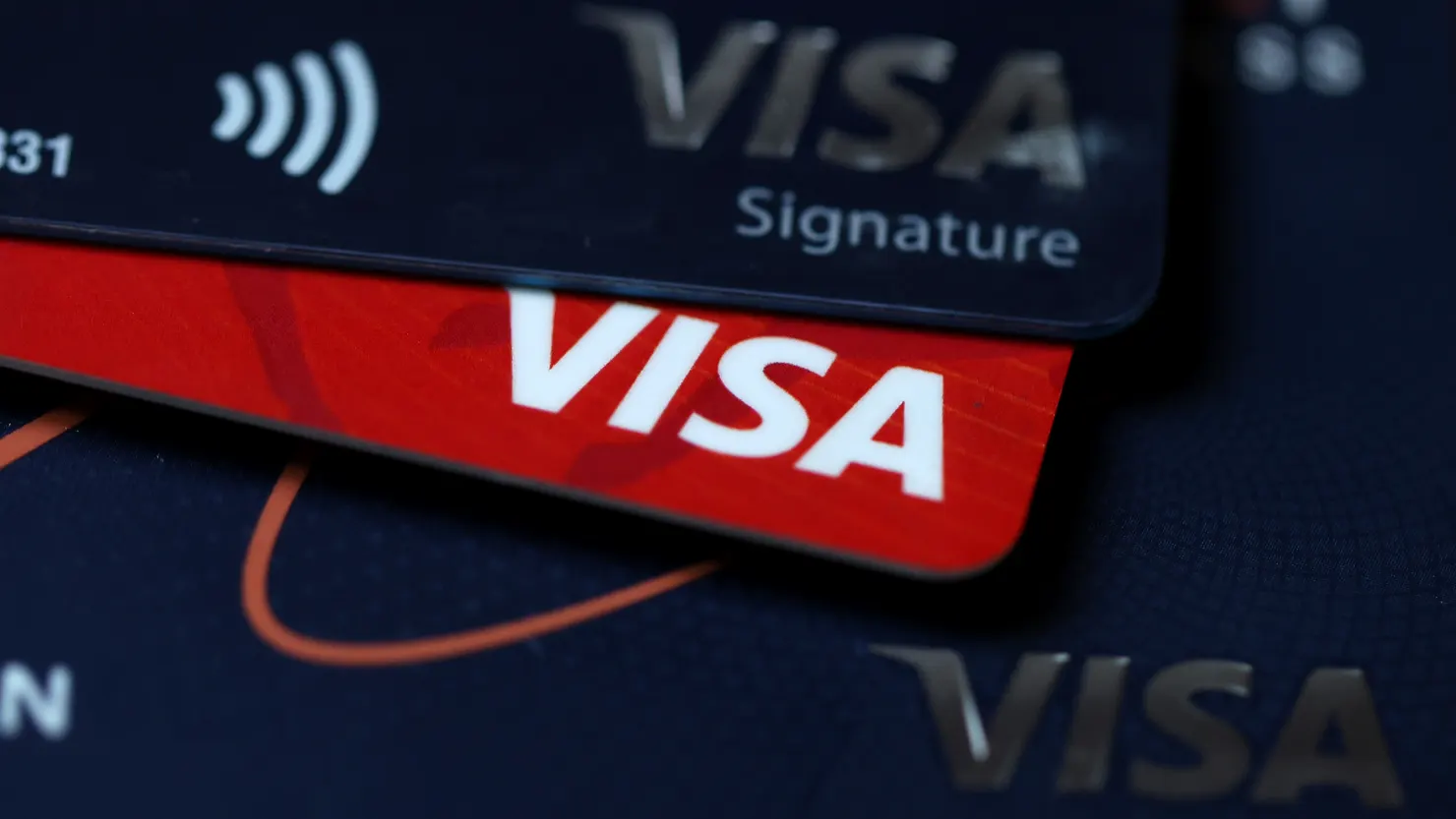

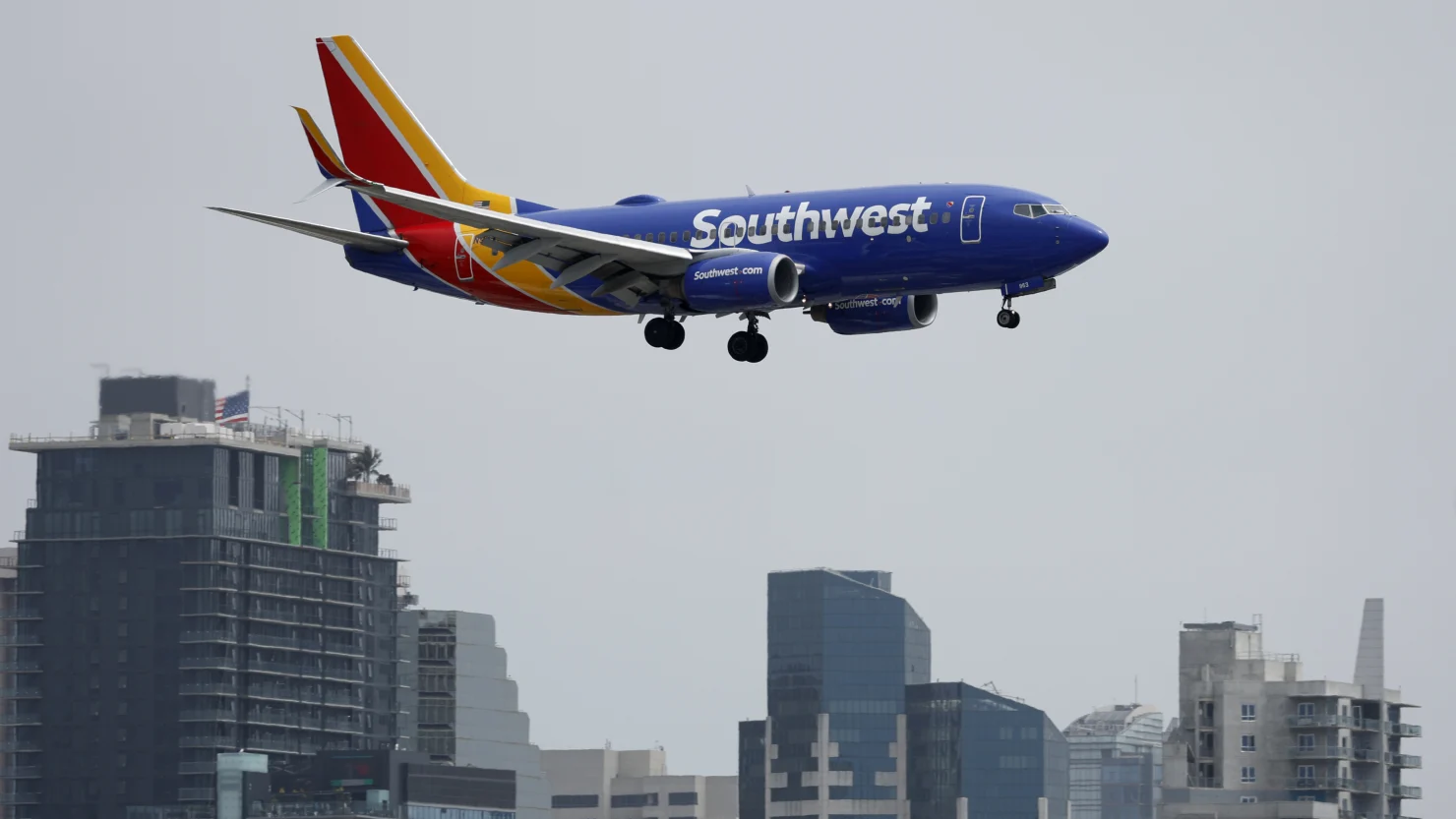
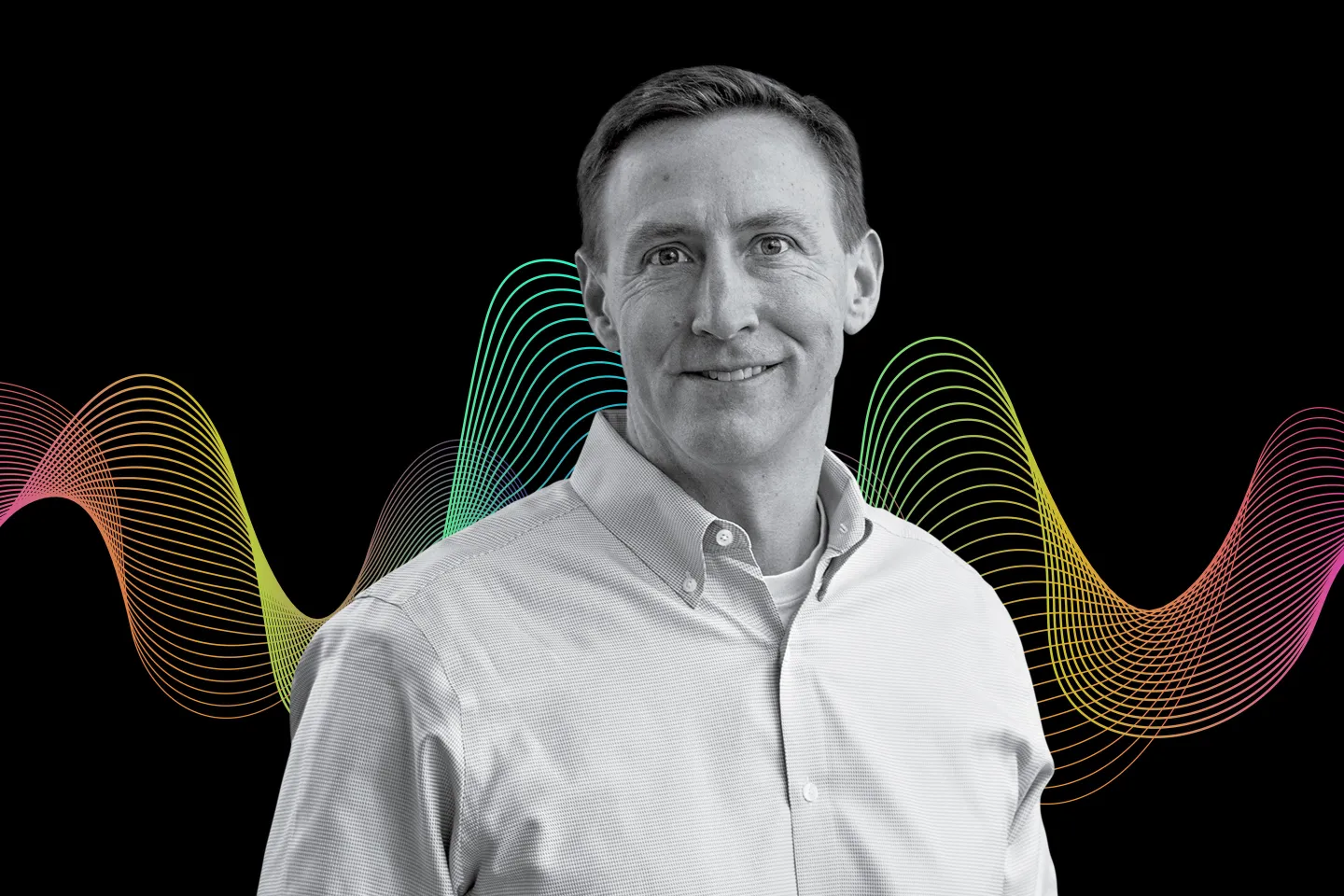

Post a comment